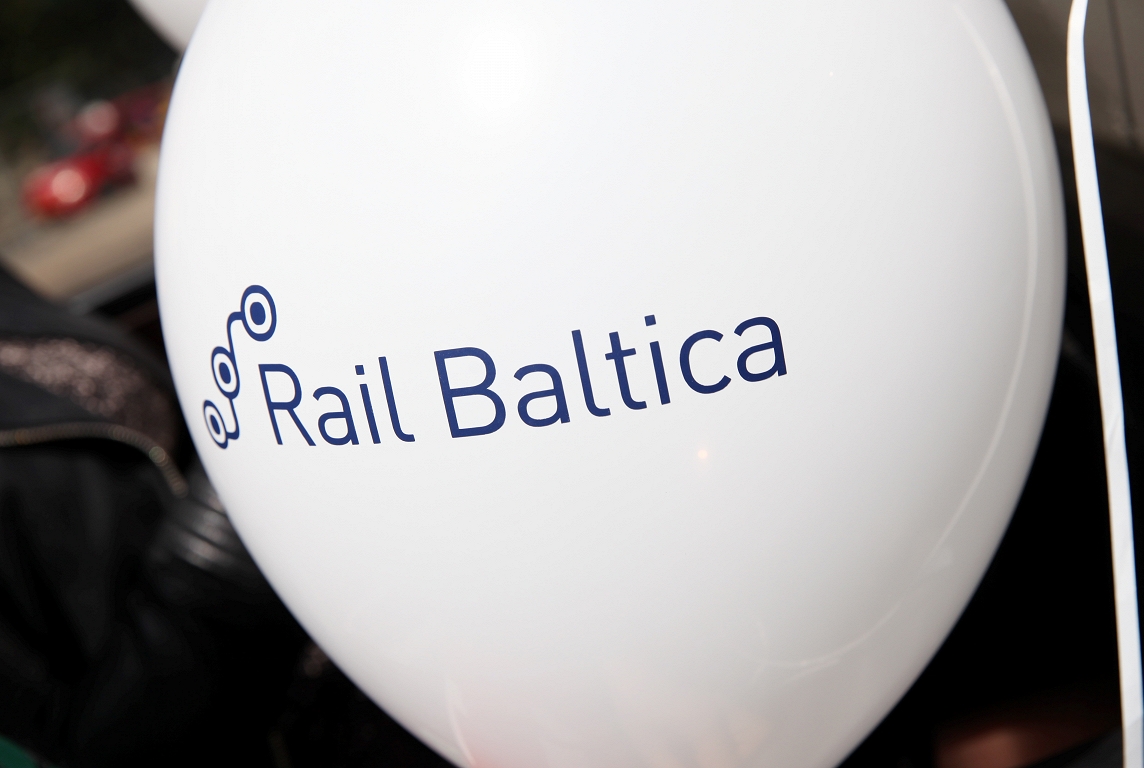Switzerland is faced with a groundbreaking decision

Switzerland is faced with a groundbreaking decision: what the new contracts are about with the EU
This Friday, the Federal Council publishes the new, previously secret EU contracts. In the first contribution of a new series, European law professor Matthias Oesch explains what the Federal Council aims at with the contracts – and whether there are alternatives to the bilateral path.
The Federal Council is praising the new contracts would put the agreements with the EU on a stable basis and enable the expansion of the bilateral path. This step is economically significant and, given the geopolitical situation, is strategically necessary. The opponents warn of a loss of sovereignty, the sale of democracy and foreign judges. Who is right?
Bilateral agreements
The new contract texts have a long history. After Switzerland’s EEA in 1992, the EU was ready to conclude bilateral agreements with Switzerland. Together with the 1972 free trade agreement, Bilateral I from 1999 and Bilateral II from 2004 have been forming the backbone of relationships with the EU since then. They contribute to prosperity and security.
The agreements were designed as a temporary solution. The EU assumed that Switzerland would take a further attempt for an EEA accession or even EU membership after a period of getting used to it. Although Switzerland had already submitted an EU access to the EU in 1992, this hope proved to be illusory. The agreements mutated from a provisional to a providurium.
New institutional rules
From Switzerland’s perspective, the agreements work well. However, the EU found in 2010 that the bilateral network of contract « clearly reaches its limits ». Since then she has been demanding new institutional rules. This requirement is based on a comprehensible logic: it is about those agreements that are based on the sectoral participation of Switzerland in the EU’s internal market and are based on EU law. With new institutional rules, their uniform application and further development should be ensured.
Without an institutional update, the EU is neither willing to further open up the existing agreements, for example in medical technology, nor does it want to conclude new market access agreements, for example in electricity or Switzerland, as can be found in the exchange equivalence. The participation of Swiss researchers in the Horizon program is also on shaky feet. The EU specifically exerts political pressure.
Initial negotiations on an institutional framework agreement were canceled without results in 2021. In the second attempt, the Federal Council and the European Commission have now agreed on a new contract package.
Alternatives
The EU does not consider the status quo as a sustainable solution for the future. The other European policy alternatives, which are sometimes brought into the field (which is why an EU accession-wrongly-does not belong) are hardly worth striving for.
The dismantling of the bilateral contract for a pure free trade relationship without sectoral participation in the EU’s internal market would allow to continue to be institutionally based on classic international law patterns. Such an agreement would hardly take into account the needs of the economy. The close cooperation in other areas such as police and asylum cooperation in the context of Schengen/Dublin would be at risk. The United Kingdom chose such a free trade model after the Brexit, although the balance is sobering today.
A new attempt for an EEA accession also seems not very promising for Switzerland. The EEA has institutional deficits that contributed to its rejection in 1992. This includes that the EEA/EFTA countries must continuously take over the entire internal market law. Furthermore, an accession of Switzerland is likely to strain the principle of unanimity on the side of the EEA/EFTA countries Iceland, Liechtenstein and Norway and affect the good functioning of the EEA today.
On the test bench
Switzerland is facing a pioneering decision. The new institutional rules are a prerequisite for the continuation of the bilateral path. Otherwise there is a risk that this path will erod. That would not be tempting perspective – neither for Switzerland nor for the EU. At the same time, the new rules cause a significant integration step. They challenge the understanding of the state and democracy in Switzerland.
So it is high time to get to know the contract texts and to discuss the effects on Switzerland! In a seven -part series, we will shed light on the institutional innovations and their effects on the political system of Switzerland in the coming weeks. These contributions will appear in the next few weeks.
* Matthias Oesch is a professor of European law at the University of Zurich. In a short interview he says: « Our European policy is exciting and attractive! »






